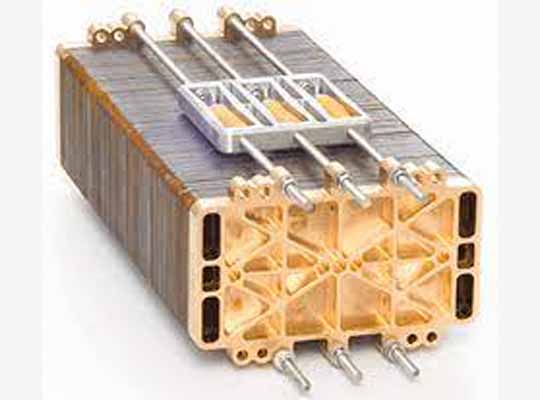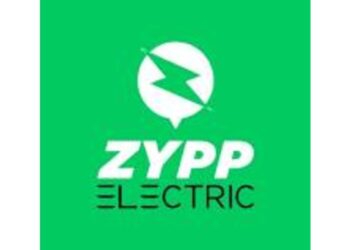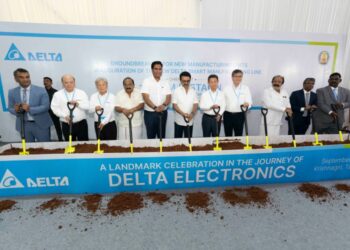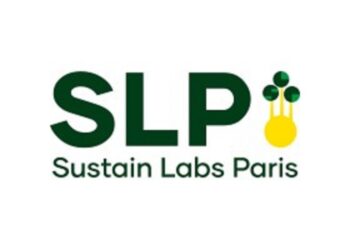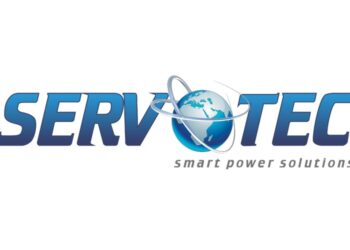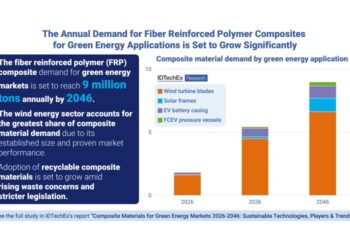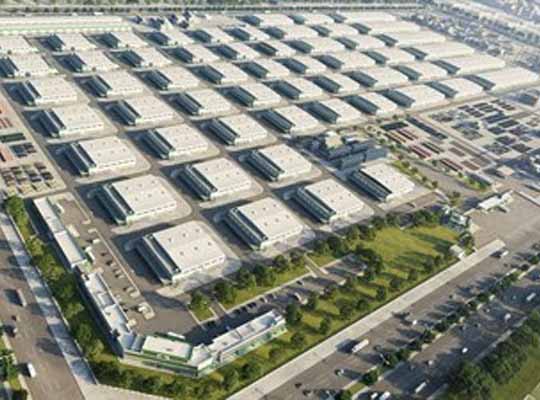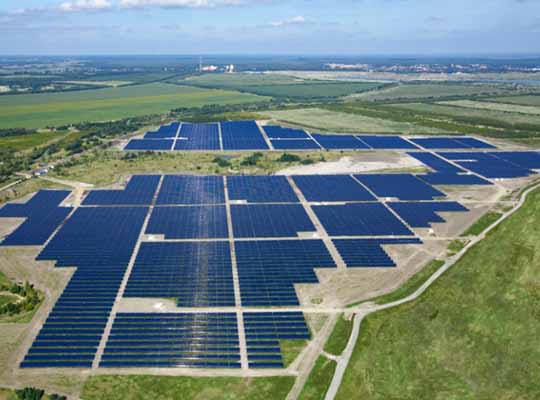STOCKHOLM – A 4th generation of SerEnergy‘s fuel cell units: SereneU will now be released. The new generation introduces many advantages, such as longer lifetime, less service and maintenances, and improved total cost of ownership. The product upgrade places SerEnergy fuel cells in a significant state-of the art position for volume market penetration – responding to an increased global demand for sustainable energy, working for the environment and for SerEnergy customers.
Methanol-based Fuel Cells: A unique Technology for Sustainable Energy Generation
Increasingly, enviromental and social sustainability are raising fundamental questions on how we are powerering applications. Cutting down CO2 and particle emmisions are key elements in the climate debate. SerEnergy methanol based systems are drastically cutting down emissions in power generation applications. As a stand-alone or in a hydrid configuration with direct solar and wind energy, SerEnergy’s methanol fuel cells units, can make us reach mutual global ambition of cutting down CO2 emissions. Methanol can be produced by renewable sources, is easy to store and handle and has become one of the largest commodities, with increasing establishment of worldwide plants in all continents.
Methanol fuel cell units by SerEnergy have the option to interconnect with multiple units resulting in power systems and solutions for larger power demands. In category of power supply, SerEnergy fuel cells is a reliable source of on-demand power generation for critical communication networks such as commercial telecom and security etc. Fuel cells by SerEnergy can deliver DC power directly, without power loss from additional converters, providing a highly efficient energy supply. Different type of battery charging algorithms are integrated in the power electronics so that it can be supported and configured for different battery types, or hybrid electrical systems. Another advantage of integrated electronics is a closer integration with the fuel cell system itself and control of this which provides some additional options for optimization of operation, reliability, maintenance and diagnostics/state-of-health monitoring. All in all, this makes handling easy and reduces fuel consumption on site. As a low maintenance power technology, the unit is equally ideal for critical backup power, temporary or continuous 24/7. It works both in off-grid applications and as back-up for in grid applications.
4th Generation: Serene Fuel Cells for Volume Market Penetration
Ever since 2006, SerEnergy has been working to lift each variable in its fuel cells and systems to benefice sustainable use cases. As the company now launches its 4th generation, the overall goal has been to lower total cost of ownership to customers.
The 4th generation of fuel cells to be released by SerEnergy, Serene, introduces improvements in terms of quality and a lifetime extension which in turn will minimize maintenance and leverage profitability to customers. Main parts of the fuel cell units are stacks and reformer and both components, developed and produced by SerEnergy, have been reinforced, causing the overall lifetime to be increased by more than 30%. Moreover, serene embeds a unit swap technology securing no or short downtime during power failures and with an extension of temperature windows of operation to -20 to 50C, Serene is fit for operation in most regions – outdoor as well as indoor.
Commercial Manager, Morten Thomsen, from SerEnergy is looking forward to introducing the market to this latest generation of methanol-based fuel cells: “we see markets responding positively to fuel cells within many application areas in recent years, particularly within telecommunications, lately a large-scale deployment by Smart Communications Inc., but also residential and construction industries respond with increased demands where we have established a number of partnerships lately. Our customers demand not only sustainable solutions but also reliable and smart solutions that are price competitive. No doubt, price is a critical factor to industries as they transit to green energies and with our new generation lowering total cost of ownership, we are one step closer to that breakeven bound to come, if not already here.”
As it is the case with renewables, the increased demands for clean power in itself has a positive impact on economies of scale meaning that SerEnergy can reduce prices its fuel cells as productions are scaled up. Moreover, the regulations on harmful emissions will ultimately have an impact on the industries and practice turning them towards investment in sustainable energies like methanol-based fuel cells by SerEnergy. No doubt, cost aspect is a major driver for power solutions today, but as sustainable targets and legislation get tightened, the transit to sustainable solutions will not exclusively be cost-driven.
Reaching a Significant Milestone with the Development of Serene G4
The 4th generation of Serene fuel cells has been in the development for a little more than two years and has involved all competences in the development team at SerEnergy including material physics to mechanics to electronics to software and special competences like flow simulation and safety. According to R&D Director from SerEnergy, Morten Hougaard Sørensen, product development is an effort never compromising on quality, on the contrary: “Quality assurance is perhaps the most challenging exercise for new technologies – many companies in the fuel cell business have failed. At SerEnergy, we extensively test, validate and qualify our components, assembly processes, and products. And throughout a decade now including four product generations, we have improved the design and demonstrated its quality and reliability both in our local test center, at our partners’ and at customers’ sites. We qualify our fuel cells and systems through a broad range of tests according to international standards, covering among others: durability tests, environmental testing, reliability and stress testing plus functional safety tests. And constantly, we manage to push the boundaries of our fuel cell technologies in response to customer requirements”.


